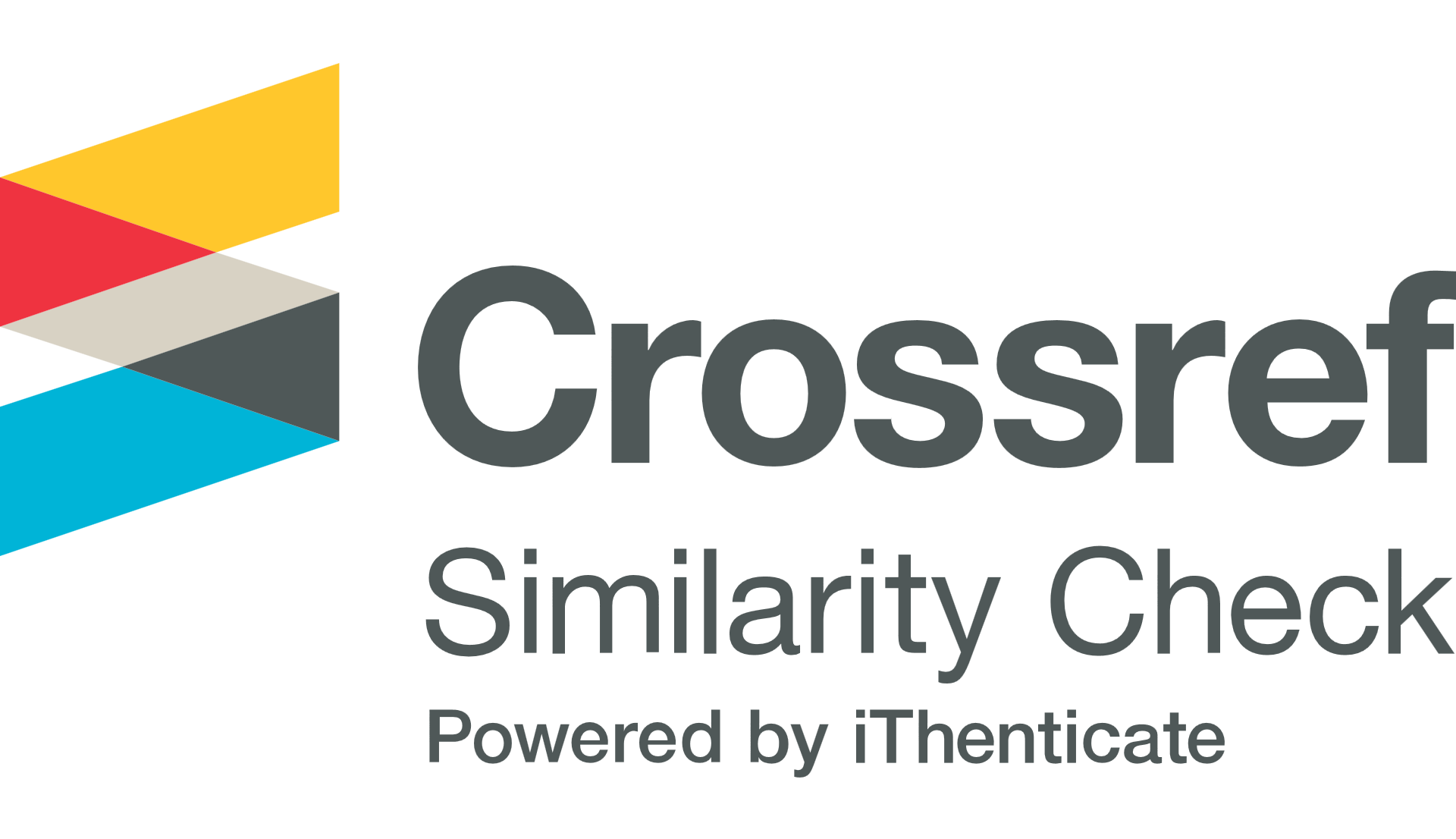Crime theory and its epistemic foundations
Abstract
Violence and crime represent a significant challenge in the contemporary global paradigm. Crime statistics reveal that criminal behavior seems to be prevalent primarily among adolescents and young adults. A valid concern is that a pattern of recidivism or recidivism is very complicated because little is known about the circumstances associated with juvenile recidivism and both the recidivist and correctional institutions are unable to deal with them, as they have no control over the various socioeconomic circumstances. that may affect the minor offender outside the penitentiary. Starting from a global conception of the epistemology of crime, this review compiles various perspectives regarding various theories of crime and their epistemic foundations.
Keywords: Epistemology of crime, Foundations of crime, Theory of crime.
Downloads
References
Armiya'u, Aishatu. (2019). Social Learning Theory and Rational Crime Theory: The Nigerian Lens. 216-219.
Boutwell, Brian & Barnes, J.C. & Beaver, Kevin & Haynes, Raelynn & Nedelec, Joseph & Gibson, Chris. (2015). A Unified Crime Theory: The Evolutionary Taxonomy. Aggression and Violent Behavior. 25. 10.1016/j.avb.2015.09.003.
Florczak, Waldemar. (2012). ON THE POSSIBILITY OF INTEGRATED EMPIRICAL VERIFICATION OF ALTERNATIVE THEORIES: CASE STUDY OF CRIME THEORIES. Ekonomista. 735-764.
Ghosh, Arghya & Robertson, Peter & Robitaille, Marie-Claire. (2016). Does Globalisation Affect Crime? Theory and Evidence. The World Economy. 39. 10.1111/twec.12422.
Ivanov, Dmitriy & Sokolova, Marina & Podustova, Oksana & Fadeev, Pavel & Molyanov, Alexey. (2021). Seizure of Property as a Way to Ensure Compensation for Damage Caused by a Crime: Theory and Practice. Jurnal Cita Hukum. 9. 199-210. 10.15408/jch.v9i2.21737.
Kandala, Lupwana. (2018). Perspectives on crime theories and juvenile’s recidivism based on socio -economic variables in south africa. Foresic Research & Criminology International Journal. 6. 339-346. 10.15406/frcij.2018.06.00226.
Kavish, Nicholas & Boutwell, Brian. (2018). The Unified Crime Theory and The Social Correlates of Crime and Violence: Problems and Solutions. Journal of Criminal Psychology. 8. 10.1108/JCP-06-2018-0028.
Ostrohliad, Oleksandr & Torbas, Oleksandr & Zavtur, Viktor & Sydorchuk, Vladyslav & Fedoriv, Oleh. (2021). Effectiveness standards for investigation of corruption crimes: Theory and practice. Revista Amazonia Investiga. 10. 295-306. 10.34069/AI/2021.44.08.29.
Raza, Aqa. (2016). Laws Relating to Cyber Crimes: Theories and Legal Aspects. SSRN Electronic Journal. 10.2139/ssrn.3066200.
Tripathi, Uma. (2019). Universal Crime Theories and Women. Scholars International Journal of Law, Crime and Justice. 02. 352-363. 10.36348/sijlcj.2019.v02i11.003.
Published
How to Cite
Issue
Section
License
Copyright (c) 2021 Revista Científica Arbitrada de Investigación en Comunicación, Marketing y Empresa REICOMUNICAR. ISSN 2737-6354.

This work is licensed under a Creative Commons Attribution-NonCommercial-ShareAlike 4.0 International License.

















